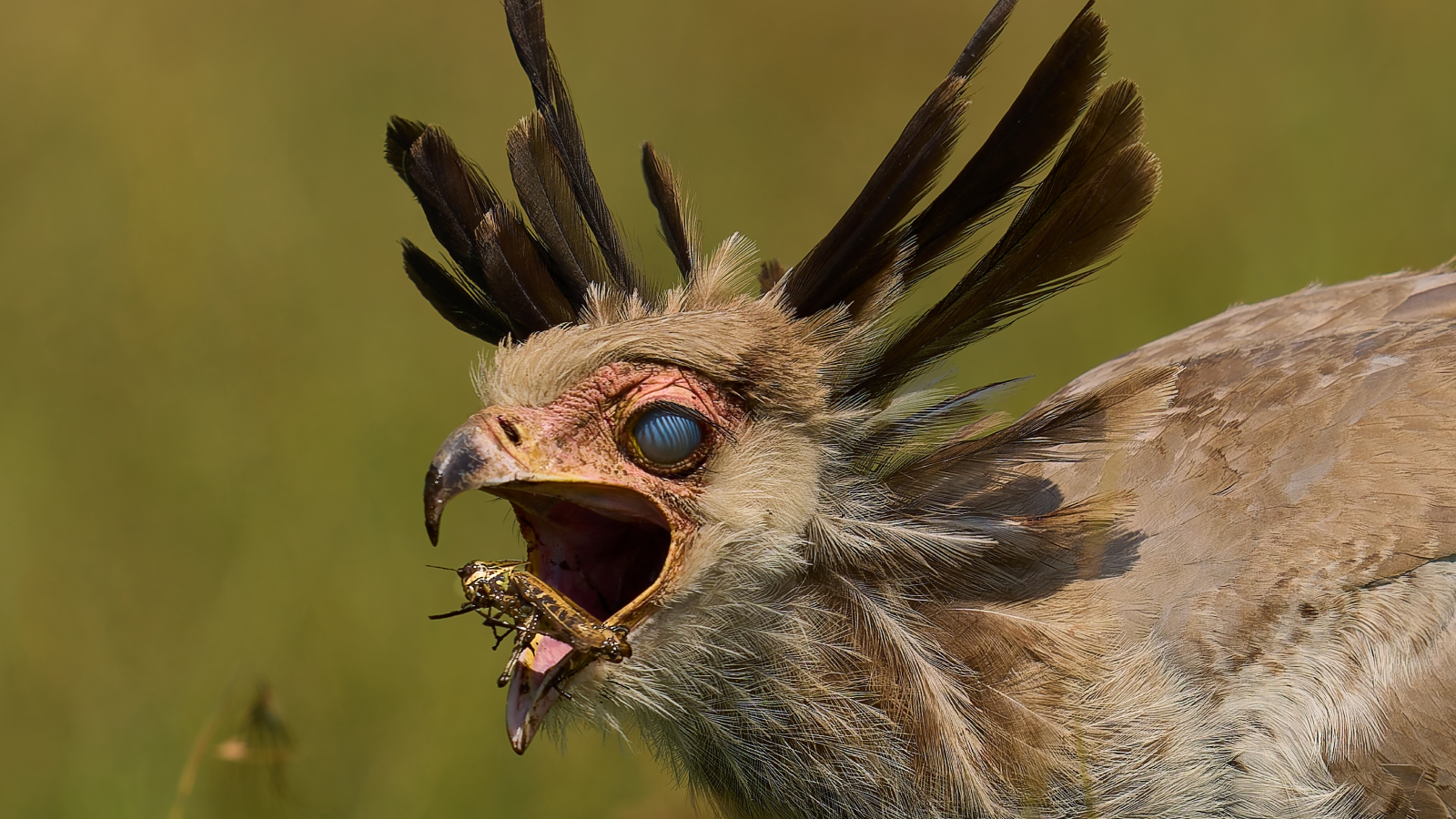Bird news, features and articles
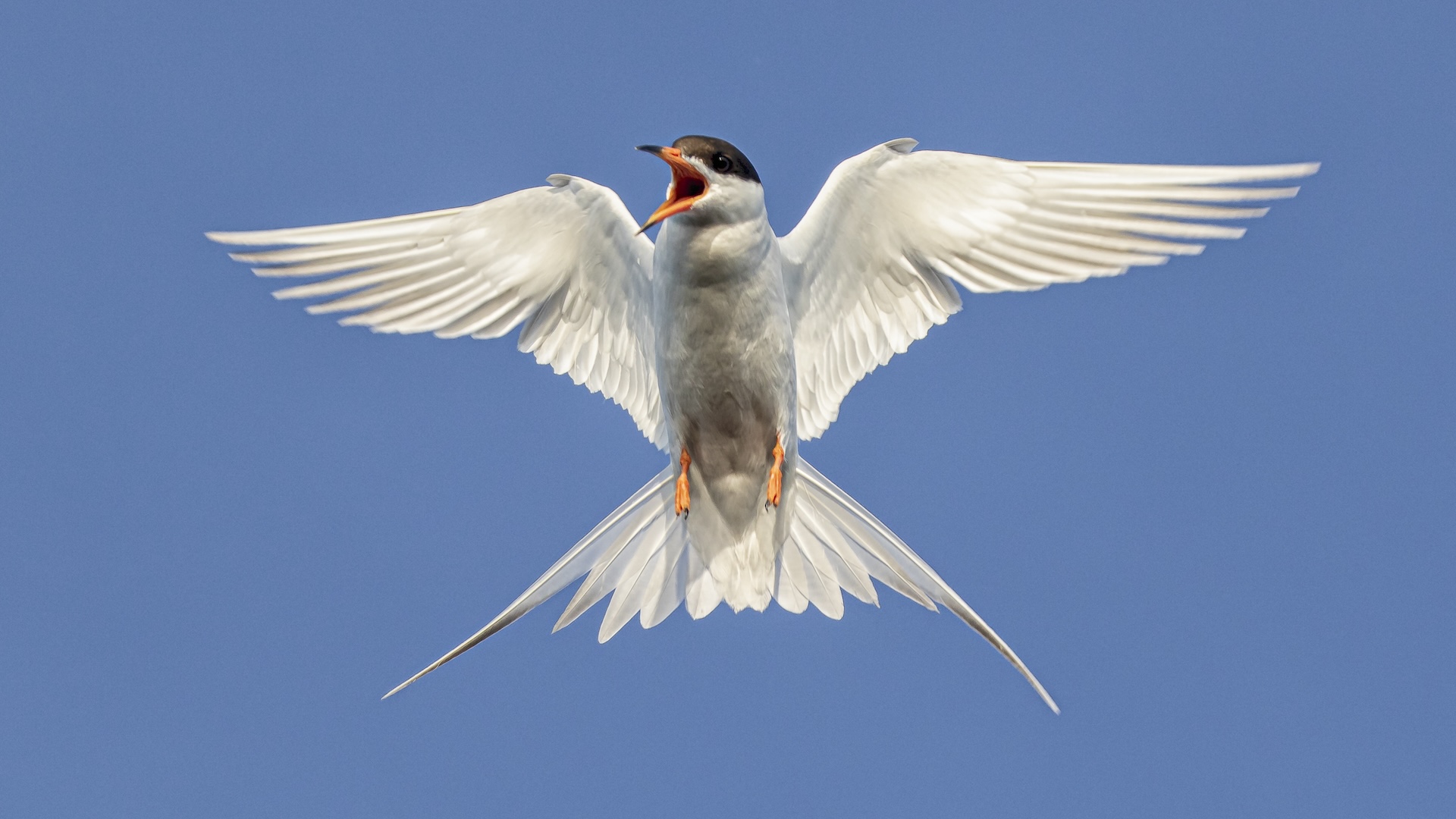
The skies are filled with thousands of bird species (not to mention a few that prefer to stay on land), and each one has special adaptations, distinctive behaviors, and an evolutionary lineage that ultimately stems from the dinosaurs. With such a dizzying variety of our feathered friends — living and extinct — Live Science's expert science writers and editors have plenty to say about birds. Whether you're interested in sunbirds singing the same songs for a million years, explaining how crafty cuckoos trick other birds or ranking the biggest birds on Earth, you can find the latest bird news, articles and features here.
Discover more about birds
Explore Birds
Latest about Birds
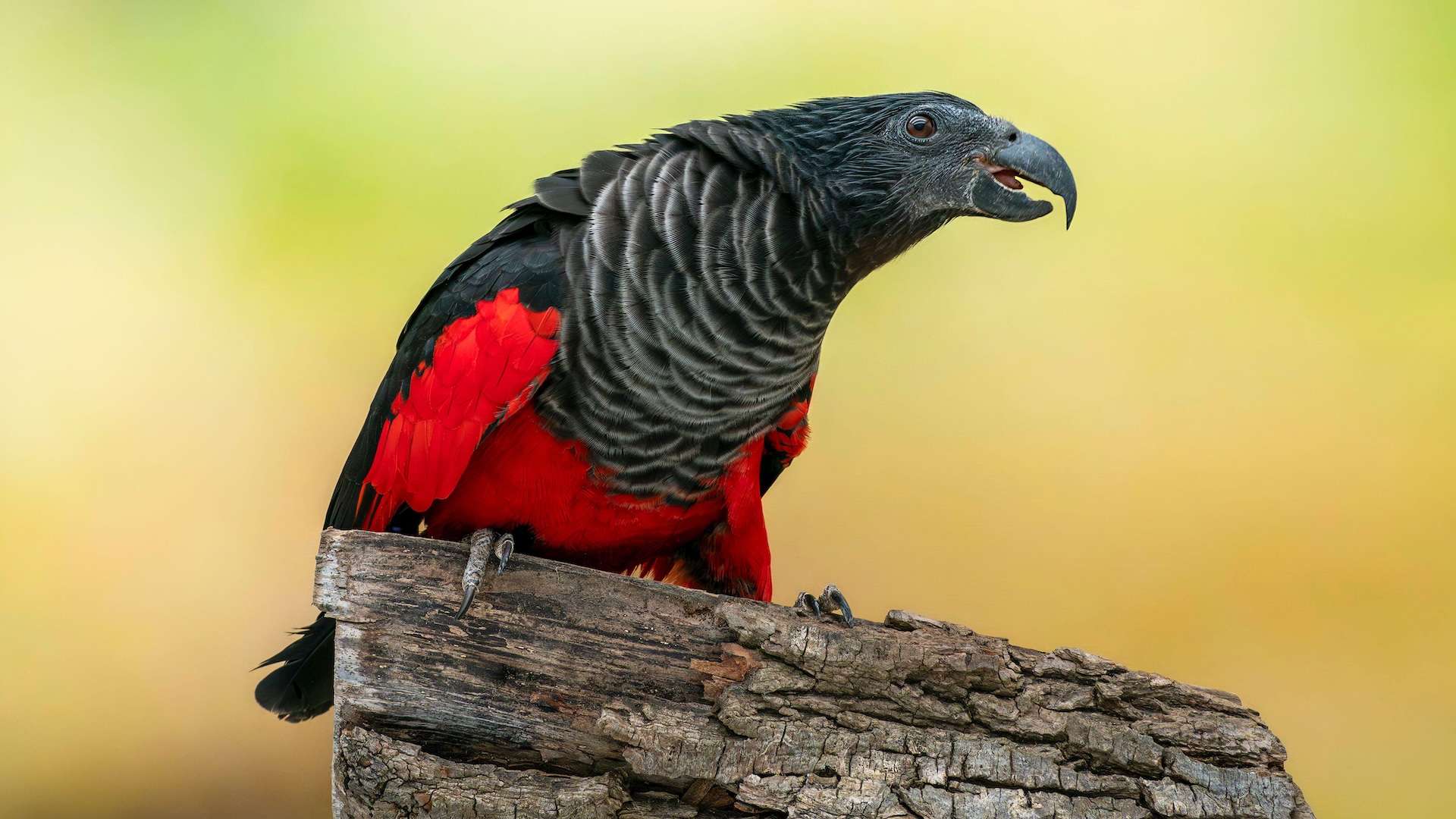
Dracula parrot: The goth bird whose piercing screams echo through New Guinea forests
By Lydia Smith published
Pesquet's parrot, also known as a Dracula parrot, resembles a vulture and has a distinct scream — but its favorite food is figs.
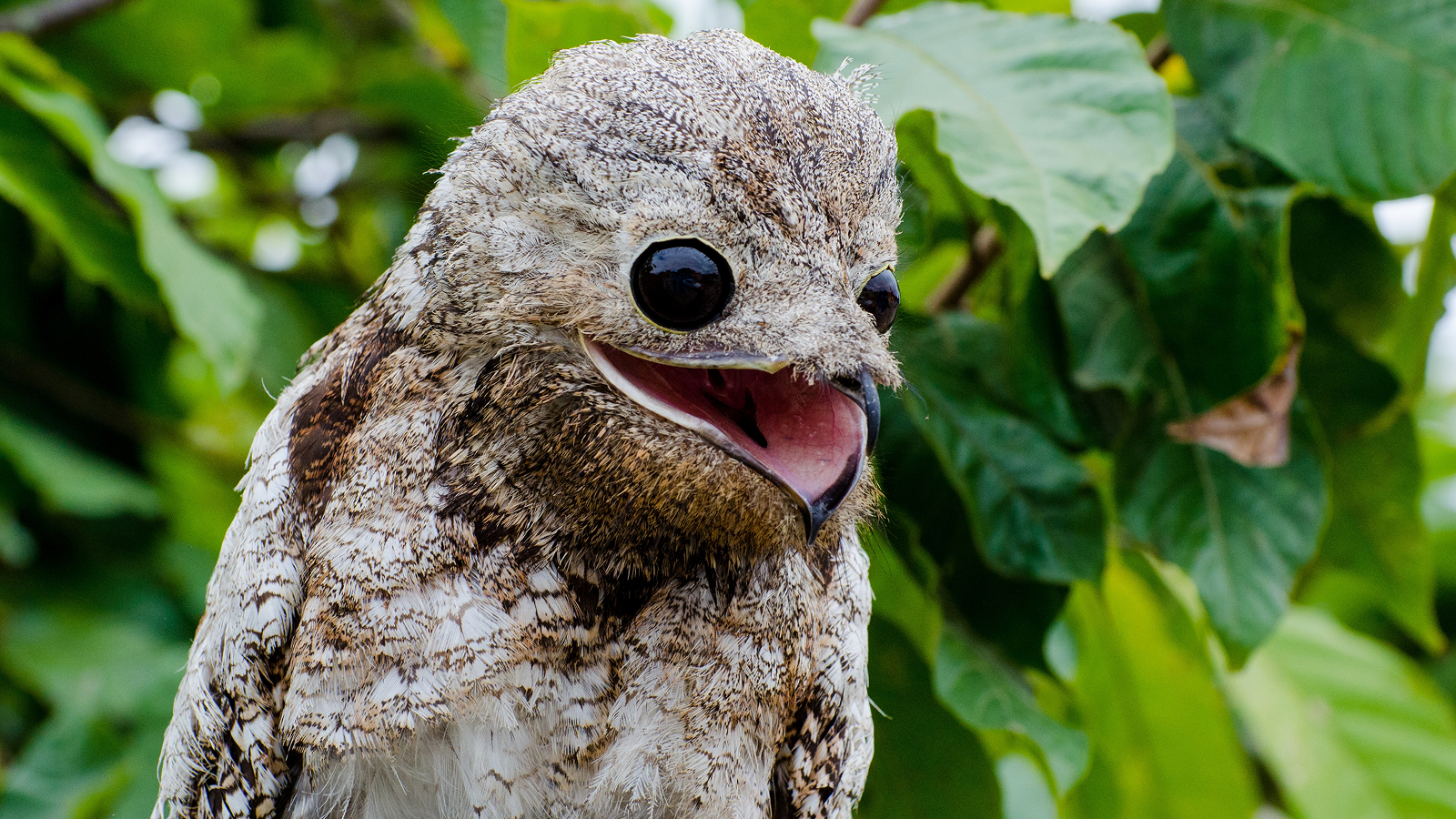
Great potoo: The 'tree stump' bird with a haunting growl and can see with its eyes closed
By Lydia Smith published
Throughout the night, great potoos emit a loud, moaning growl that has earned the bird a mythical status, with some communities believing the sounds to be children calling for lost parents.
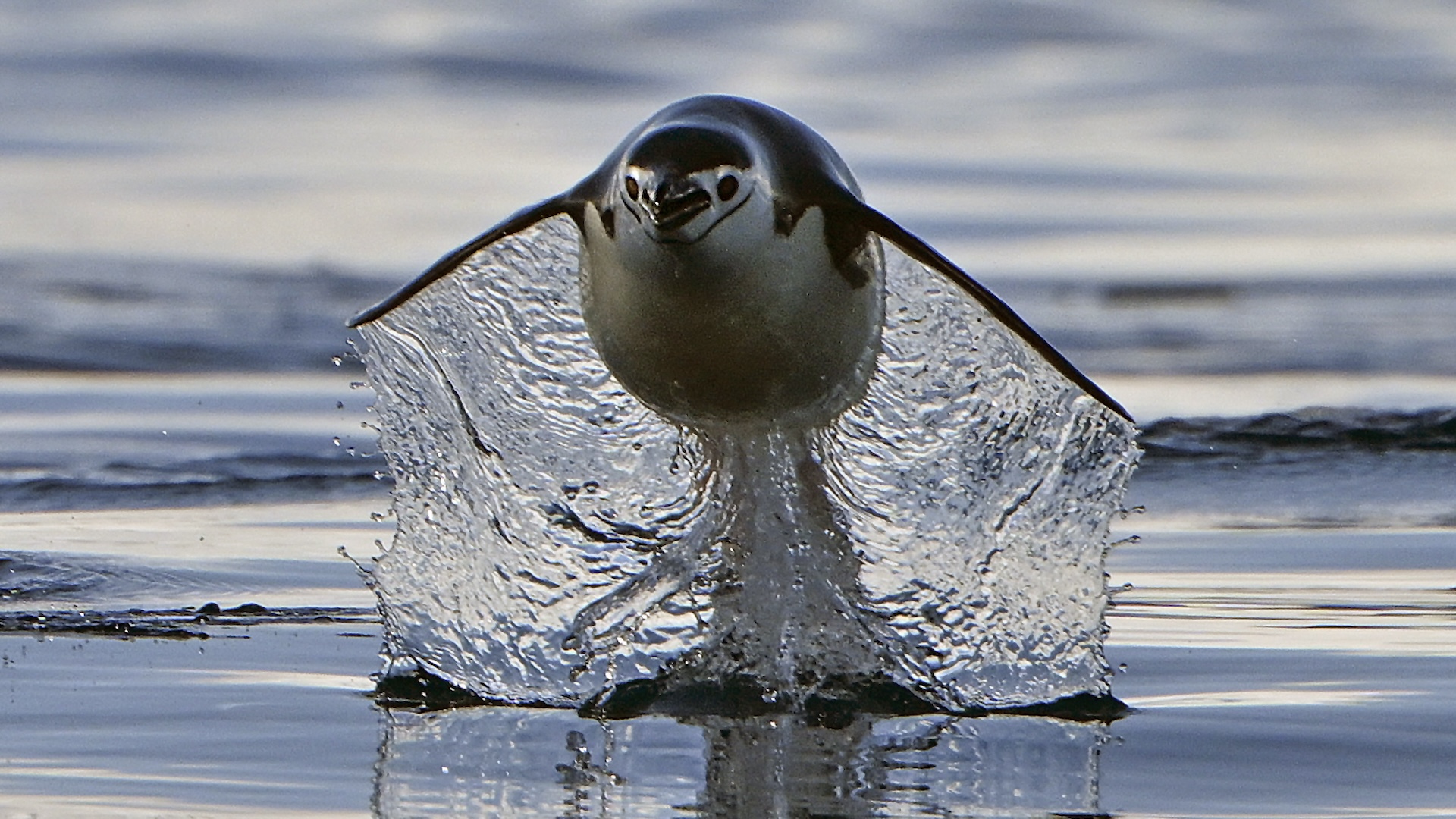
Why don't all birds fly?
By Clarissa Brincat published
Why don't some birds, like penguins, ostriches and kiwis, take to the skies?
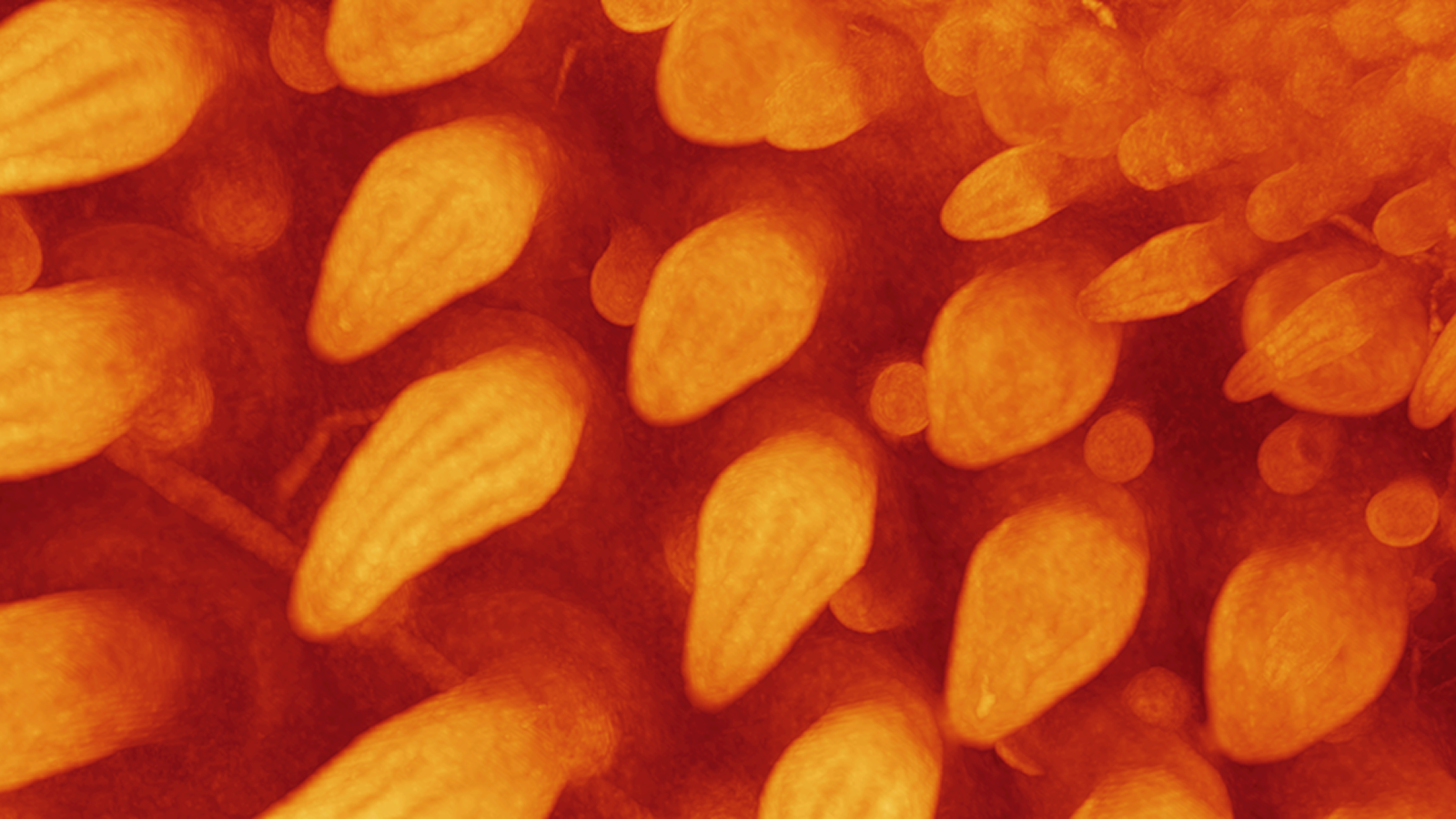
Chickens sprouted dino-like feathers when scientists messed with the Sonic Hedgehog gene
By Stephanie Pappas published
Scientists uncovered a key genetic pathway in the origin of feathers, but they found that evolution is stubborn in turning back the clock.
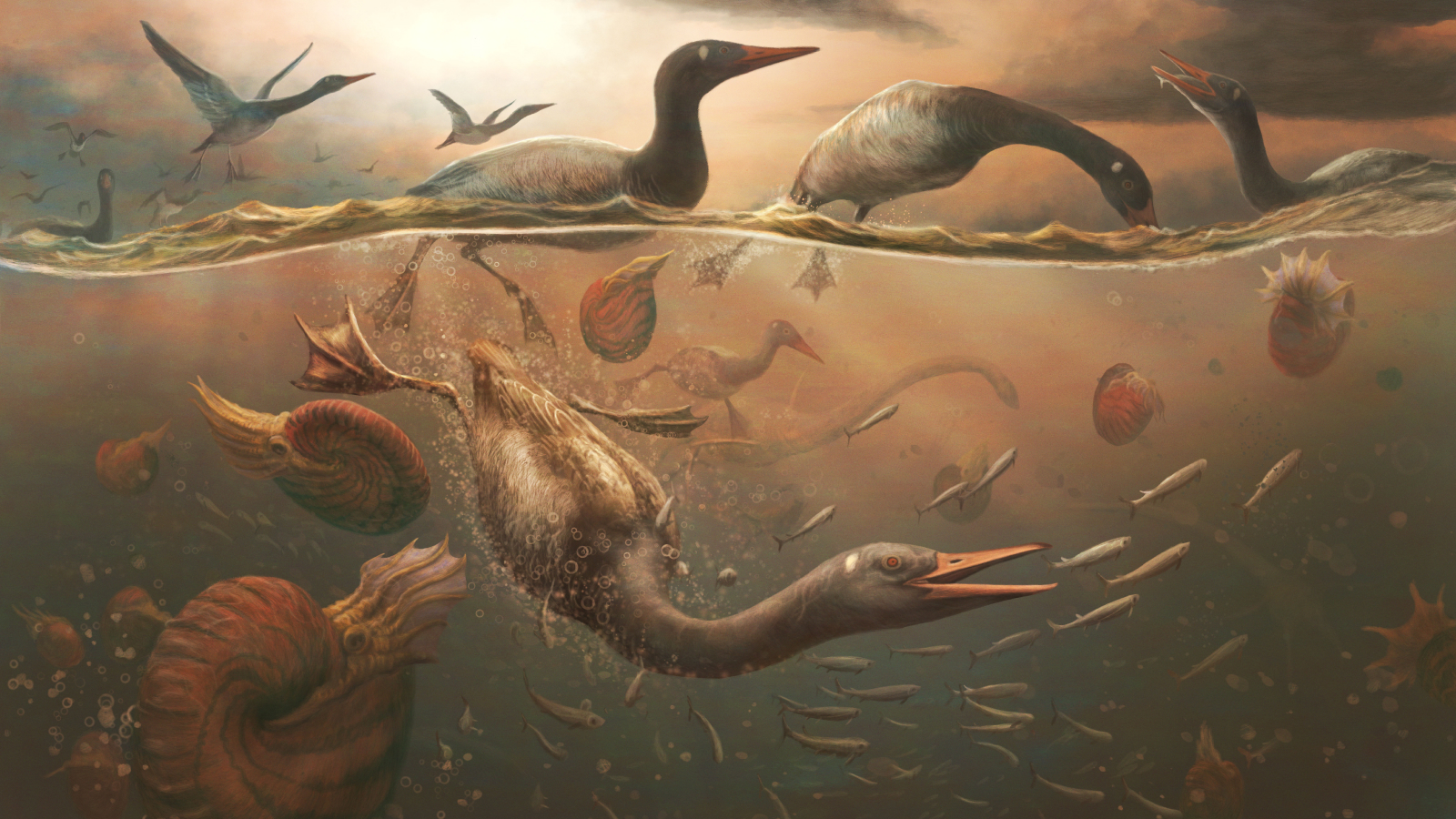
Ancient duck-like creature discovered in Antarctica may be the oldest modern bird ever discovered
By Kristel Tjandra published
A new and nearly complete skull of Vegavis iaai discovered in Antarctica suggests that modern birds originated before the end-Cretaceous mass extinction.
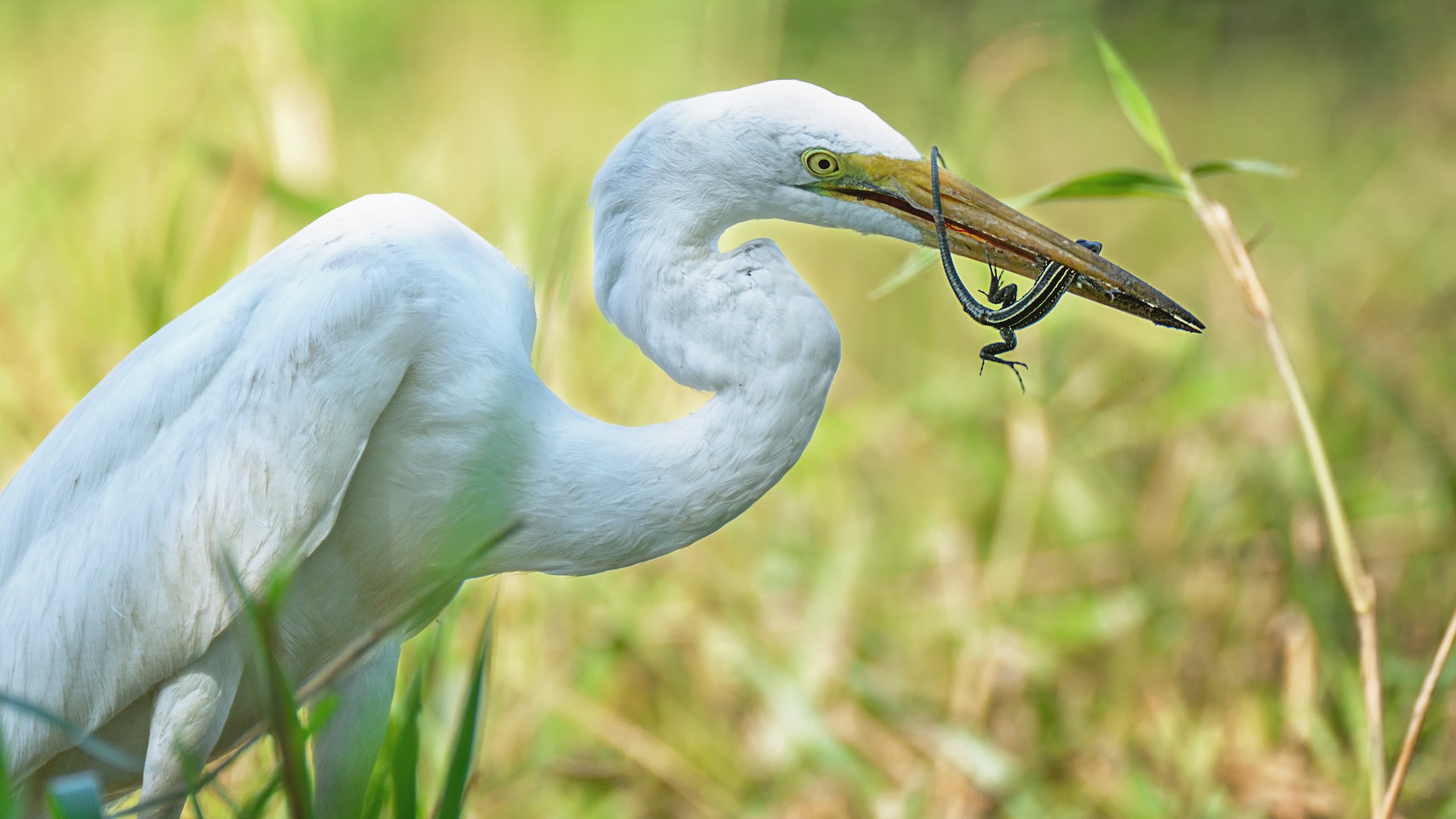
Are birds reptiles?
By Emma Bryce published
If you're wondering whether birds are reptiles, know this: The reptile family tree is more varied and diverse than you might realize.
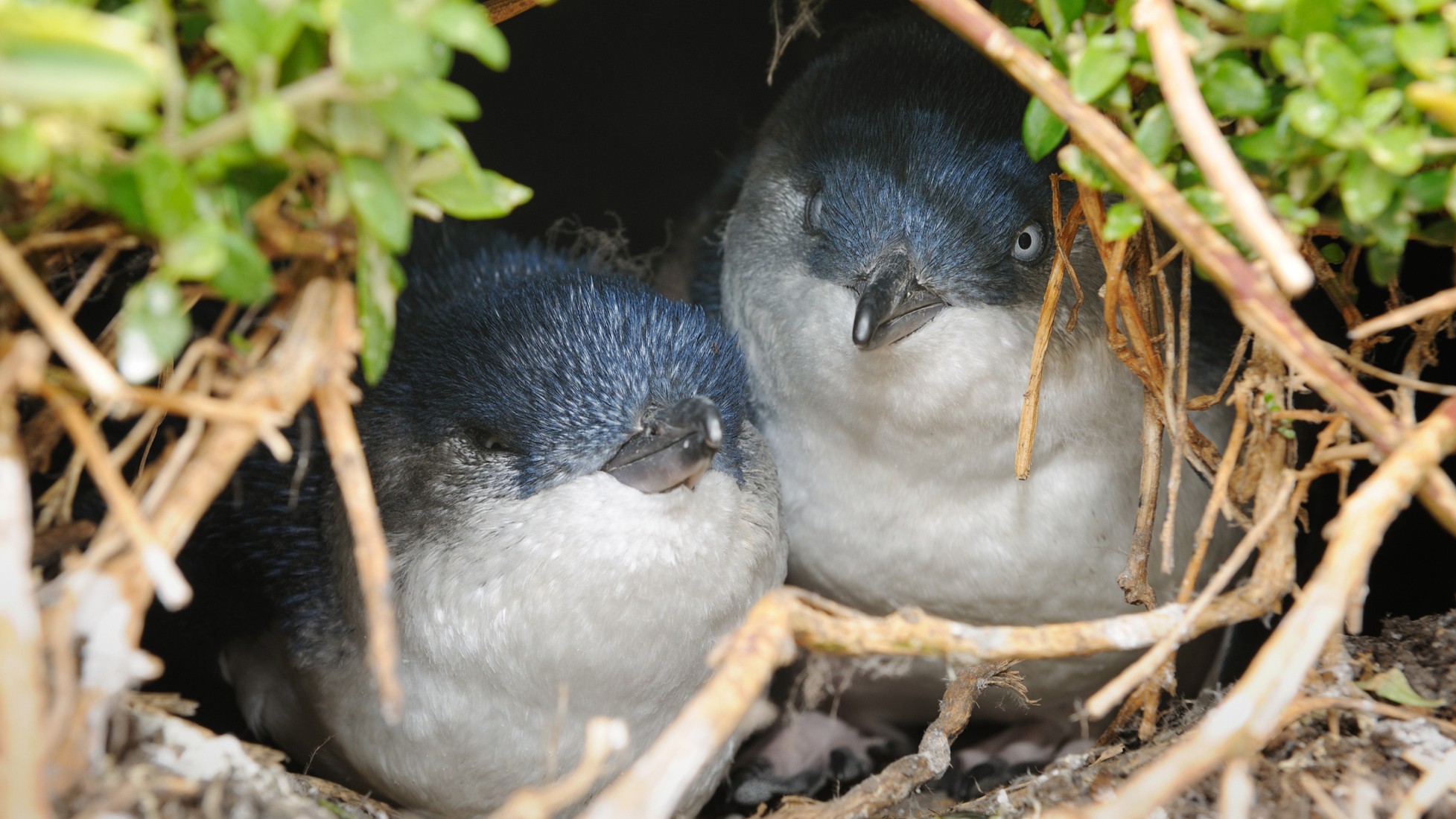
Cheating little penguins are big on divorce, and other breeding secrets revealed
By Patrick Pester published
A little penguin colony in Australia struggles during years with high penguin divorce rates, but the divorcees could have more offspring in the long run if they find better mates, a new study finds.
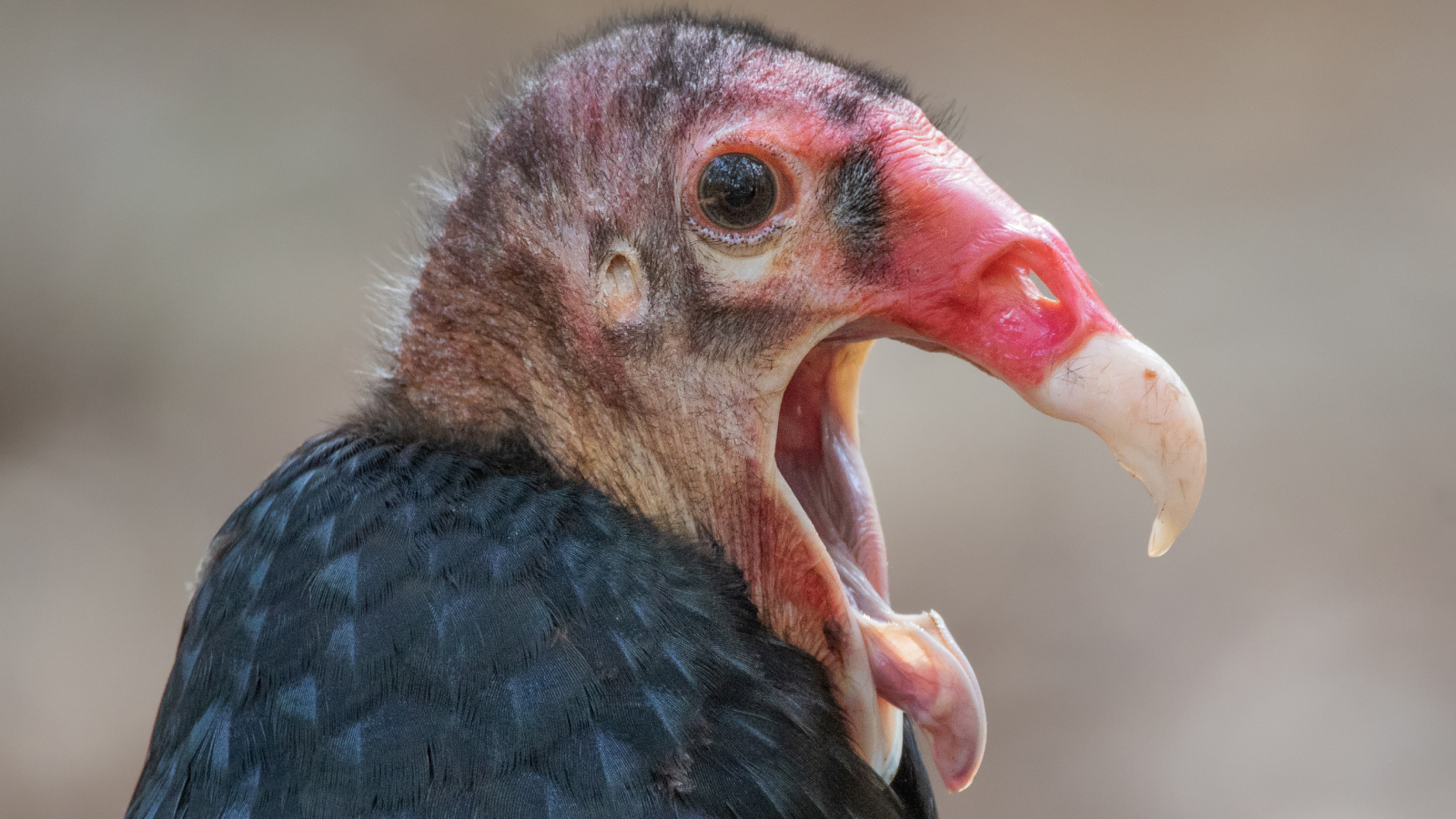
Turkey vulture: The bird that vomits acid up to 10 feet and poops antiseptic onto its legs
By Lydia Smith published
Turkey vultures feed on dead carcasses, helping to lower greenhouse gas emissions.

Worst die-off of a single species in the modern era discovered — and 'the blob' was to blame
By María de los Ángeles Orfila published
The blob — an extreme marine heatwave that hit the northeast Pacific between 2014 and 2016 — killed approximately 4 million common murre, and the population is yet to recover, a new study finds.
Sign up for the Live Science daily newsletter now
Get the world’s most fascinating discoveries delivered straight to your inbox.
